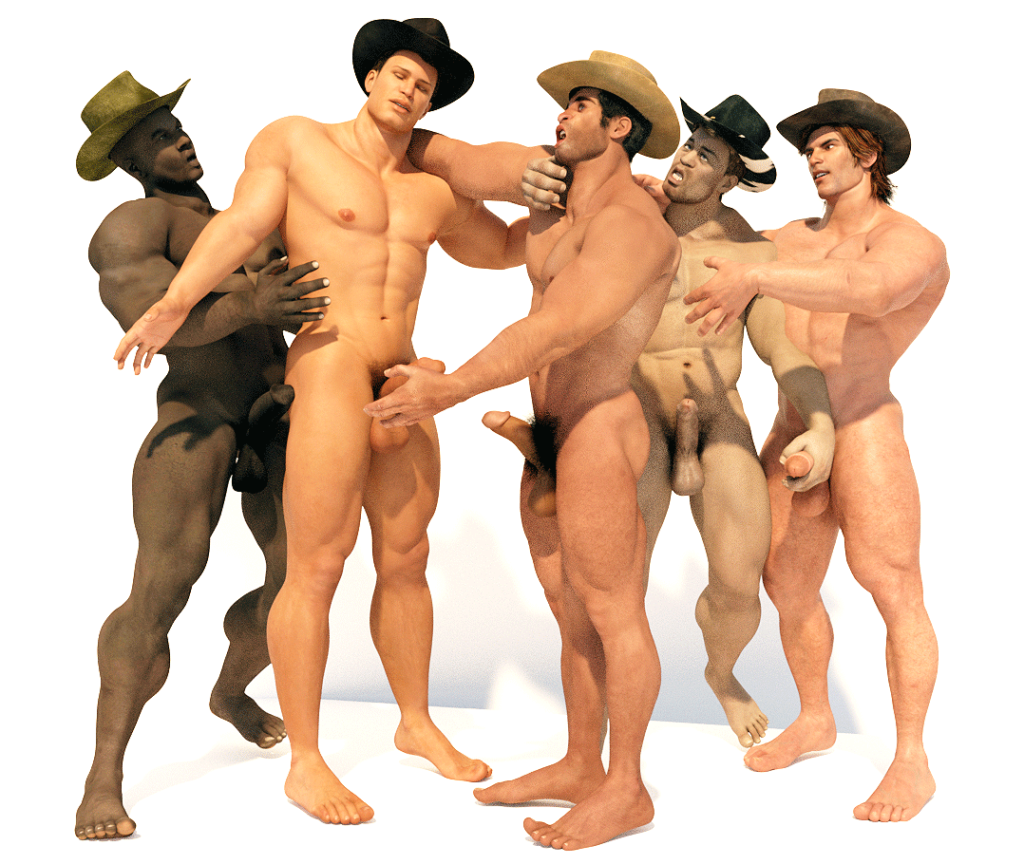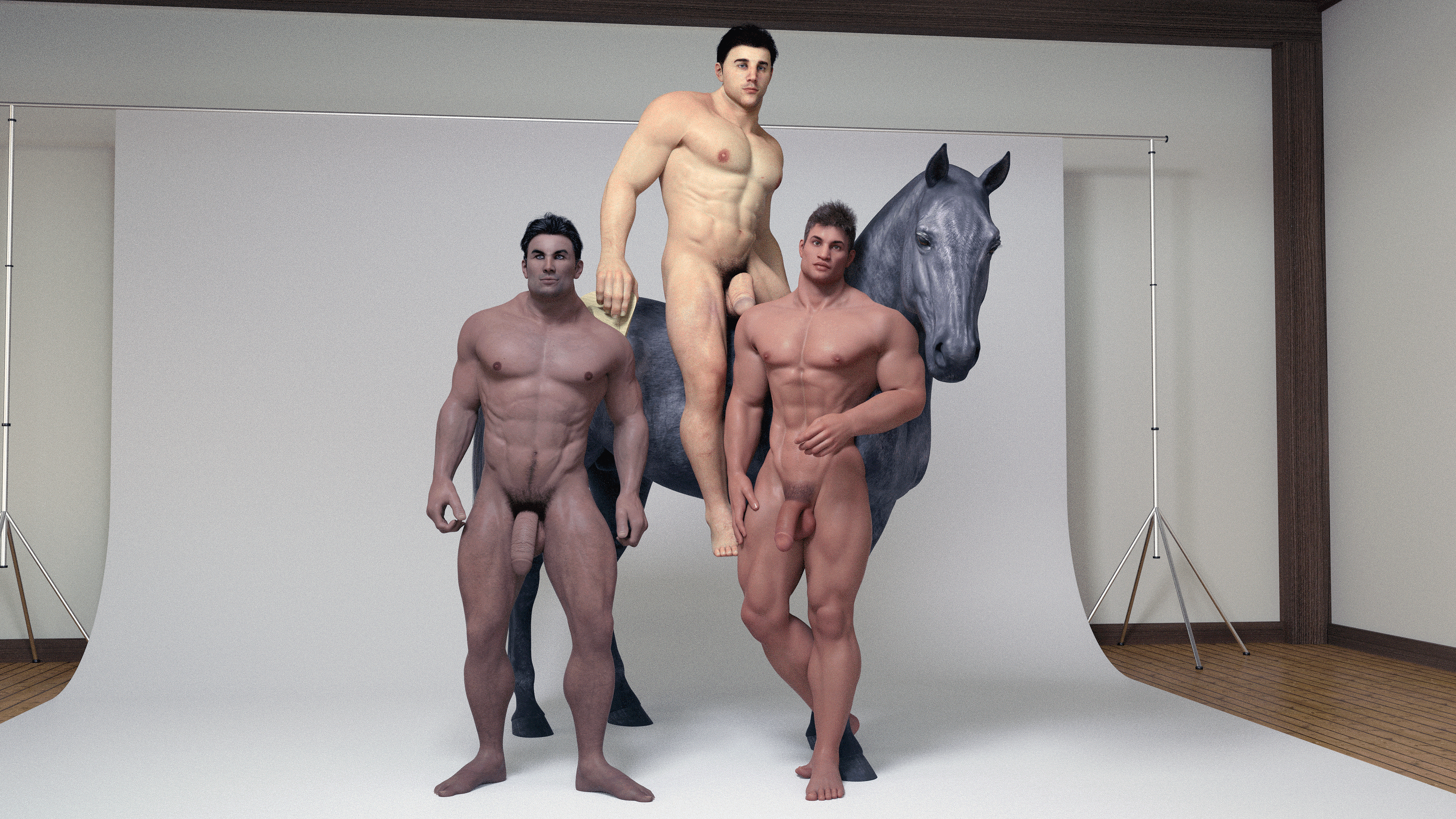2023. Three riders, one horse.
Masculinity and horse riding are often closely linked, with the image of a rugged cowboy astride his trusty steed serving as a cultural shorthand for rugged masculinity. But why does horse riding seem to have such a powerful impact on our perception of masculinity, and how did cowboys help to set these feelings into action?
Part of the appeal of horse riding comes down to the physical challenges it presents. Riding a horse requires strength, balance, and coordination, and mastering the art of horseback riding requires both physical and mental discipline. In many ways, this can be seen as a symbolic representation of the challenges that men face in their everyday lives; by showing that they can control something as powerful and unpredictable as a horse, men are able to demonstrate their strength and confidence in a very tangible way.
At the same time, there is also an element of tradition and history at play. For centuries, horses were an essential part of life for many cultures around the world, helping to facilitate trade, transport, and warfare. In many of these cultures, the skill of horsemanship was seen as a key indicator of a man’s worthiness and status. For example, in medieval Europe, knights were expected to be skilled horsemen as well as skilled warriors, while in many Native American tribes, the ability to ride a horse was a crucial part of male identity.
The image of the cowboy riding the range has similarly become entrenched in our cultural consciousness as a symbol of rugged masculinity. In the late 19th and early 20th centuries, cowboys were seen as rough-and-tumble individuals who lived by their own rules and answered to no one. This was a time of rapid change and industrialization in the United States, and the cowboy mythos helped to counterbalance the sense of order and conformity that was emerging in many parts of the country.
Cowboys set these feelings into action by embodying the ideal of masculine self-sufficiency and independence. They were men who were at home in nature, not afraid to get their hands dirty, and able to handle anything that came their way. They felt comfortable being around animals which could easily lead to painful injury or death. By bringing this image of masculine self-sufficiency to life on the big screen, in television shows, and in popular literature, fictional cowboy characters helped to create a sense of nostalgia for a simpler, more rugged time when men were men and life was simpler. Some believe America was great back then as compared to now. Those people believe a simpler life is preferred to what we have today in the 21st century.
The link between masculinity and horse riding is a complex one, rooted in both physical challenges and cultural history. Cowboys helped to set these feelings into action by embodying the ideal of masculine self-sufficiency and independence, and their legacy has helped to cement the idea of horse riding as a powerful symbol of rugged masculinity that continues to resonate with people around the world.

